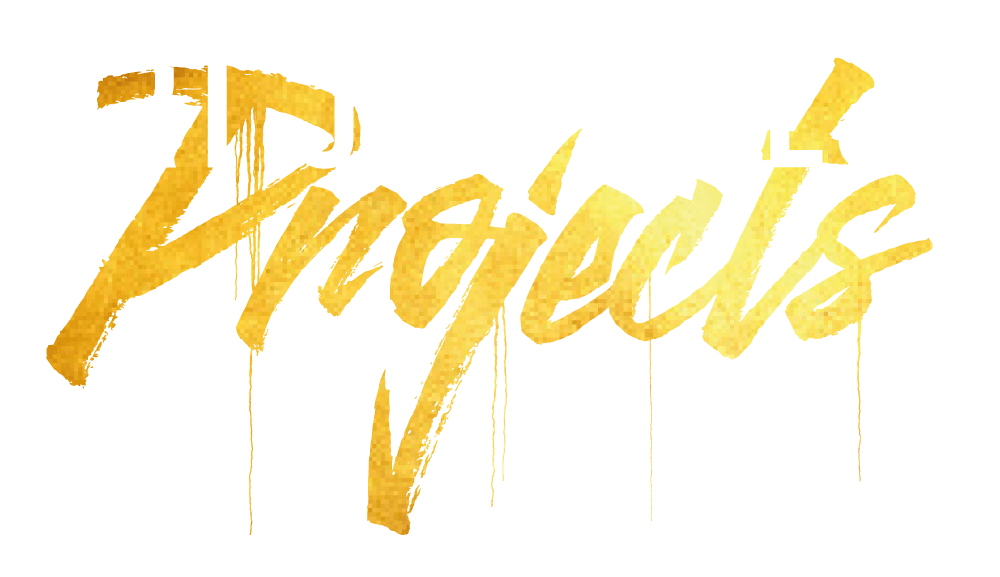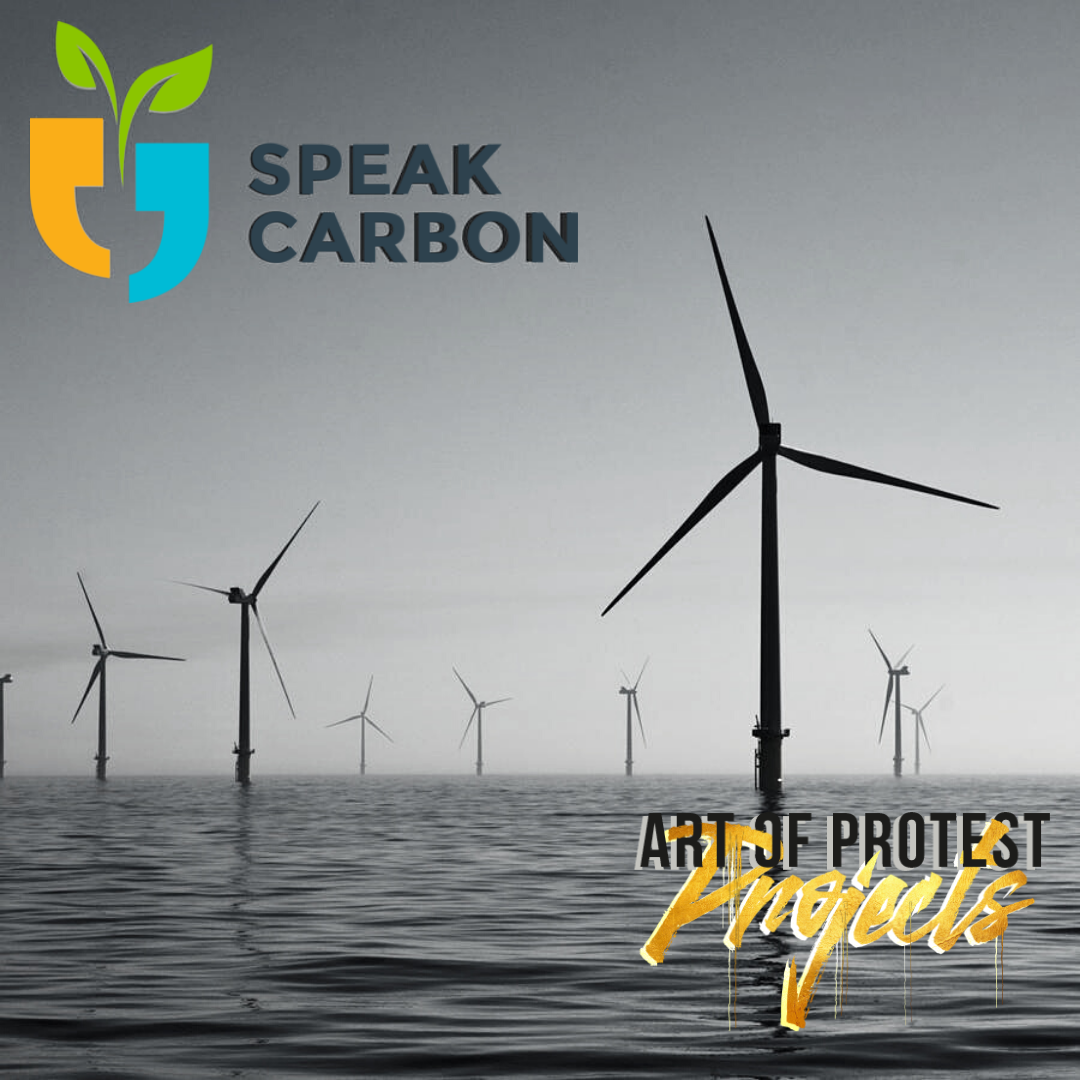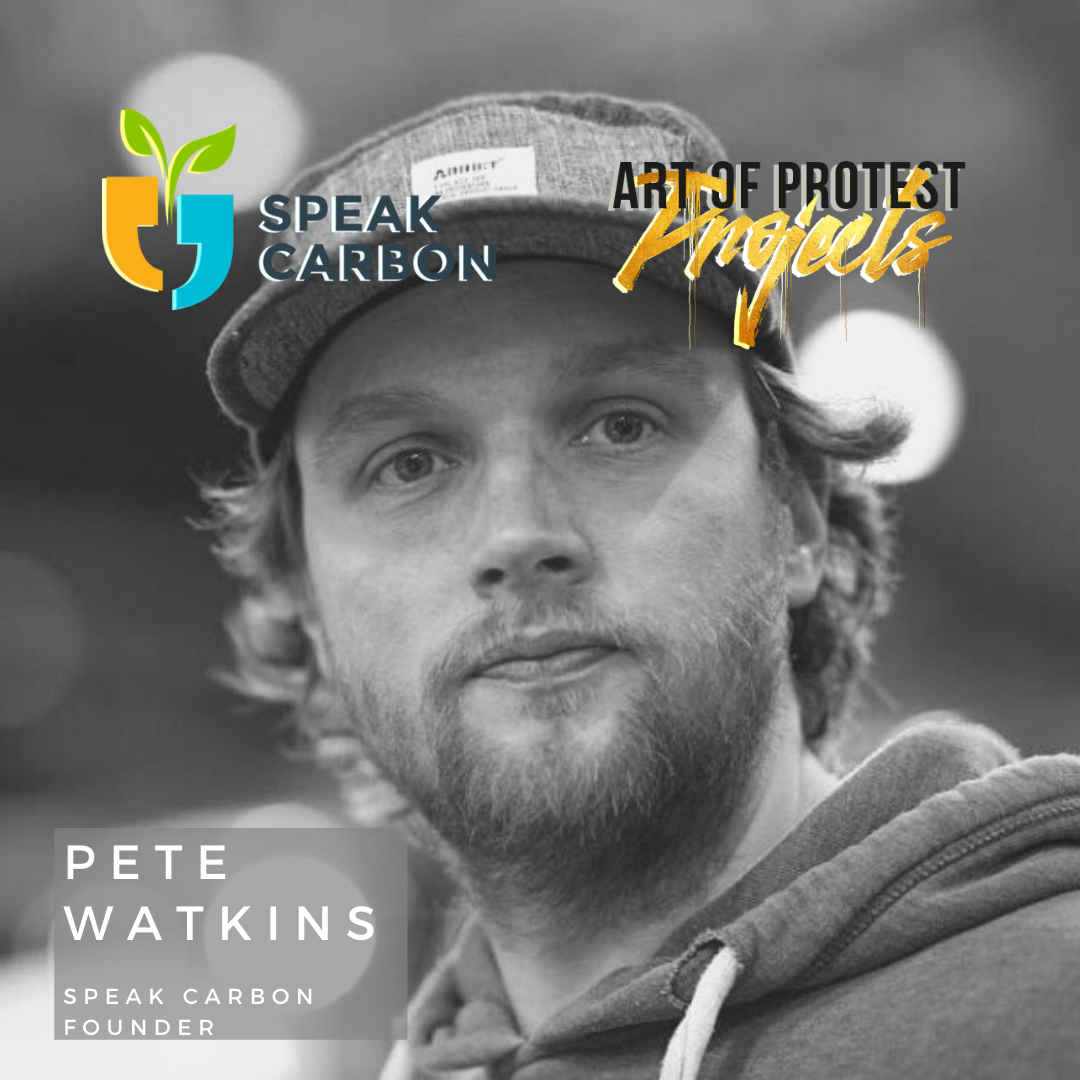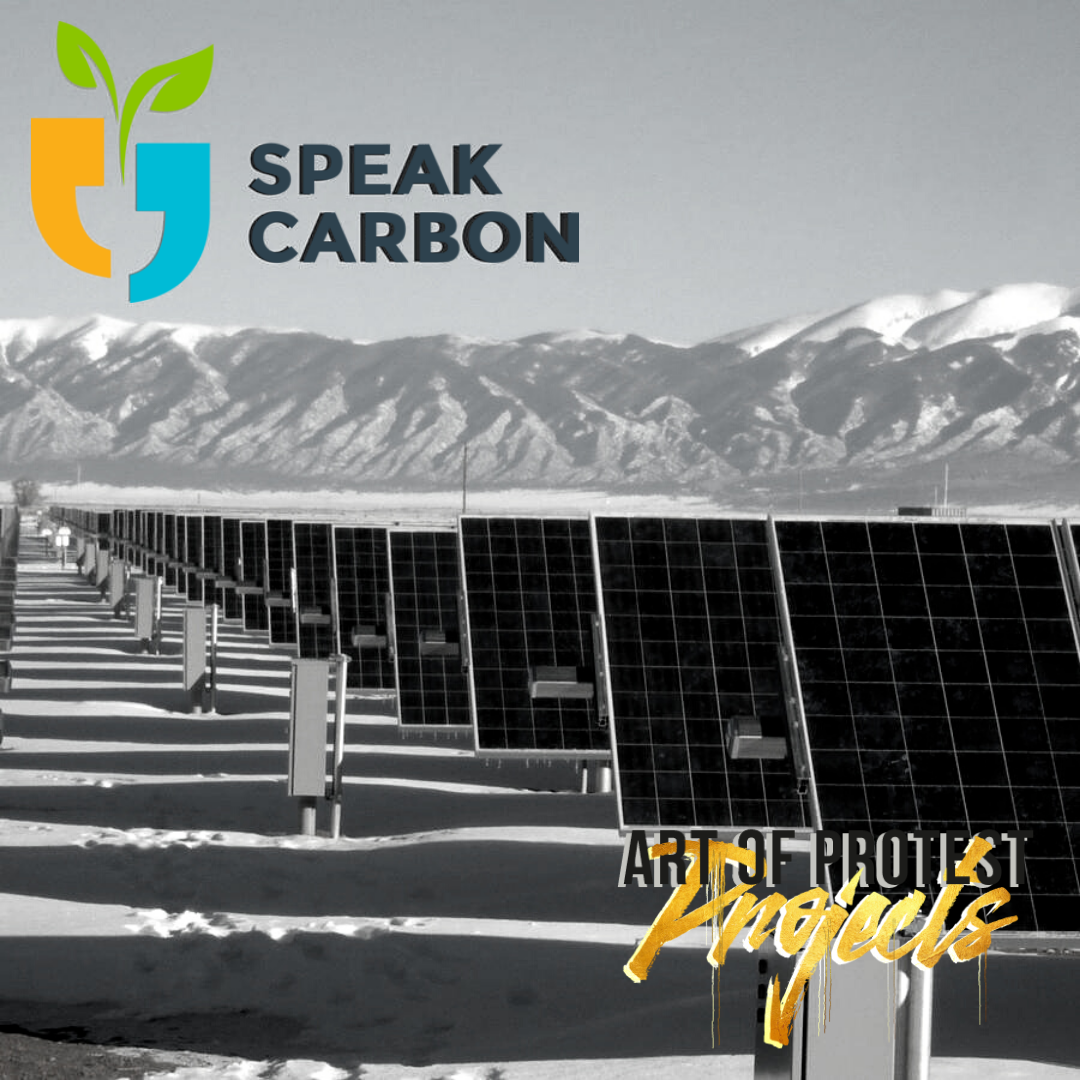Art of Education: Collaboration with Speak Carbon
Interview with Speak Carbon founder, Pete Watkins
“ I want the city of York to speak carbon so everyone can communicate and affect change. Further on from that, we are then looking to make Yorkshire the first carbon literate county in the UK.”
Hi Pete! Thanks for sitting down and chatting with us today. First of all, can you tell us a bit about your background and education?
I moved up to York from London three years ago after spending most of my working years running a coffee shop in south London. I got really into the coffee scene...understanding the environments where coffee is grown and the farming practices, which is quite an environmentally sensitive subject. This naturally fed into an interest in sustainability. Before doing that I had done a business degree at University. When I moved to York I decided that the climate emergency was the burning issue that I wanted to turn my attention and focus to, so I joined lots of local network groups and tried to collaborate and get things off the ground. And then sadly the first lockdown hit and it really stopped a lot of the things I was doing. I then focused my attention on a masters degree in sustainability and behaviour change at the Centre for Alternative Technology. I also started to write courses about carbon literacy with the goal to try to give people access to a day’s worth of learning, effectively making them more knowledgeable and “carbon literate” which fed into what I’m doing now through what I like to think of as a grassroots movement...Speak Carbon.
Tell us about Speak Carbon and what its mission is?
As I started to write my training modules last summer, I came across a group called The Carbon Literacy Project, based in Manchester. They’re all about the framework for a day’s worth of learning for everyone on carbon literacy and they’ve been looking at schools, local authorities and different sectors like health and housing to try to get the education delivered. The Carbon Literacy Project gives you the standard and certificate and acts as an accrediting body but they do not provide you with or do the actual training. So I started to write my own courses and thought about what it was we were trying to deliver. In essence, I am trying to create a language that we can all speak together which allows us to all communicate around the climate emergency. Taking the barriers down and giving people the ability to understand what it’s all about and importantly, what actions we can take in order to get things done. Bigger than that I want the city of York to speak carbon so everyone can communicate and affect change. Further on from that, we are then looking to make Yorkshire the first carbon literate county in the UK.
Why is understanding carbon so important and why is the clock ticking in terms of businesses getting up to speed with their carbon literacy?
I've seen quite a big shift from when I first came to the scene in 2017 from somebody who was concerned to somebody who then put their focus on the climate change emergency. A big change happened when the protests took place around the world during 2019 and that pushed a lot of governments and local authorities to declare a climate emergency. On top of that they declared net zero targets and this is part of what we do in our training. A lot of people have heard a target of 2030 or 2050 and there are all sorts of different numbers around net zero, but I don’t think there is a very good understanding around what that means and what people have to do to achieve that. Specifically, what sort of changes need to be made. The changes aren’t just within government and local authorities such as refuse collection or fixing the roads, etc. This is something that everyone will need to be involved with from an individual level to a business level to a community level, all the way up to the global level. So engaging people with that and just explaining to them what net zero is, what the problem is, and what the numbers we are working towards to make that happen is an essential first start. It’s crucial to know that in order to make any of the policies work we have to understand why we are doing it.
What are the government’s targets for carbon neutrality and do you think they will be met?
In this country we have a target of 2050 for net zero emissions. We were one of the first countries in the world to have a defined target for net zero which we should be proud of, but the actions we have taken to get towards that target fall short. It seems like a long way away but locally, for example in York and Leeds, its 2030, and in Manchester it is 2038. So different cities have different targets and pathways to get to net zero but the understanding of what that is isn’t there at the moment so that’s what we want to do with Speak Carbon.
How has the pandemic affected carbon emissions and what have we learned?
Since the pandemic we stopped flying as well as most car and train travel. Because we stopped moving around, this equated to a reduction in emissions globally of about 7%. That is the largest drop ever recorded and the largest relative fall since the second world war. To put this into perspective in how it fits into the climate emergency, 7% reduction of emissions is about what we need to do each year to reach our targets if we are going to slow climate change. So what happened last year was just about enough, and that’s with changing everything overnight. You can understand how as lockdowns lift and we start travelling again, this will be a serious problem and we will have to come up with serious solutions to reach that 7% annual reduction going forward.
What are some key actions that businesses can take to reduce their carbon emissions?
When we are talking about looking at our emissions we talk about carbon footprinting. That’s looking at all the ways that you as a person, business, government or country have undertaken activities that release emissions. You can break that down into four broad categories: transport, home and building, products (general “stuff”), and food. Within each of those you can find things you can do which have an impact. What we do at Speak Carbon during our course, specifically at the end of the course, is all about getting people to action plan make a pledge. You take what you’ve learned, look at your carbon footprint and make a pledge to do something that’s positive. I think we know what lots of those are. Travelling less by anything that relies on combusting carbon, eating less meat is a key one, buying less stuff because carbon is actually locked into all the products we buy. Then looking at your house... so how you heat your house, what energy provider you use, and how it’s insulated. The first thing to do is to go away and find a carbon footprint calculator for you or your business, or get someone to do it for you, and work out where those emissions come from and how you can make changes to affect your footprint. You pick the low hanging fruit first, the easy wins, so switching your energy provider is really quite easy. If you have a canteen, make more vegetarian options available.
What do you think can be done to help facilitate the education of carbon literacy among businesses and even households?
I think anything that we do that looks like business as usual is probably not going to work. So what we need to do in terms of getting people educated to get us to net zero is something called transformation. So it isn’t just about changing a little bit of what we do, it’s not about tinkering on the sidelines, it's about an absolute complete change in the ways we live our lives. We are so dependent on everything that creates the carbon and emission problems that we have. Quite frankly, if we look at historical ways of educating people, we aren't going to get there. If we did it just through online courses, schools or usual training programs, we are not going to get there. Every single idea needs to be different. If it looks a bit out there and we’re not quite sure how it’s going to work, then it’s probably the right solution! If we are looking at something that’s tried and tested, it almost certainly isn't going to work. We need to look at alternative ways to educate people right down to the foundations of their souls and the way that they look at things. That’s the big interest I have in collaborating with Art of Protect Projects and finding inventive ways to deliver exciting education for the masses.
How can we successfully launch a program that brings carbon awareness while providing them with a lasting legacy?
I think a day’s worth of learning should be a right as a citizen, like a human right. If we just take the city of York for example and as citizens we demand to become carbon literate, we can tackle the problem head on while feeling empowered. But you’ve got 200,000 people who live in York and the project I’ve built and the training I’ve written does unfortunately look like business as usual. It works okay for people who want traditional solutions but if we’re going to engage people in that sort of far reaching way we need to do it in a high impact way. This needs to be approached as not just a learning project but a hearts and minds project. We are asking for people to change who they actually are and to do that you need to engage right at the very core of someone’s mental models, their beliefs. This touches on what you think your rights are and those of your children. Do you have a right to get into your car and drive, to holiday every year, to eat whatever you want to eat? We are changing people’s concepts at an incredible level and I can’t see a way of doing that without cultural and artistic engagement. Building that day’s worth of learning into a movement that communicates things like no other is key, it is essential. We know that arts and culture are so representative of what we believe in. I just can’t see any other way of doing this at scale and pace without engaging in a really different immersive type way, the way AOP Projects specialises in doing. So it’s super exciting to take this “business as usual” concept that we have and just shatter it. And how are we going to get this out to a whole school, church, community, football stadium? How are we going to do that without connecting with them on a personal level? And educating them through an experience that will be unforgettable and leave a lasting mark which will inherently drive the changes that need to take place to defend against this climate emergency. I don’t like to use fear because it doesn’t generally work, but It is essential that this education takes place in the next two years, or we will have missed the boat. By 2050 we won't have realized all of the horrible things that will be happening but they will either definitely be happening or we will be battling against them by that stage and that’s when our kids will be in their mid thirties. By taking action now we will make sure our children aren’t wondering whether to have children themselves or wondering what will happen to the next generation. By taking action now they’ll have all the tools ready to battle this and take things on. This Speak Carbon bit is something I only want to do for a couple years and then when everyone can speak carbon, that’s when I would like to be doing the actions, getting things planted, doing the projects. Affecting change. Making the world a safe place for everyone to live in.
To find out more…
Learn more → https://www.artofprotest.co.uk/art-of-education
Speak Carbon → http://www.speakcarbon.com
The Carbon Literacy Project → https://carbonliteracy.com/



